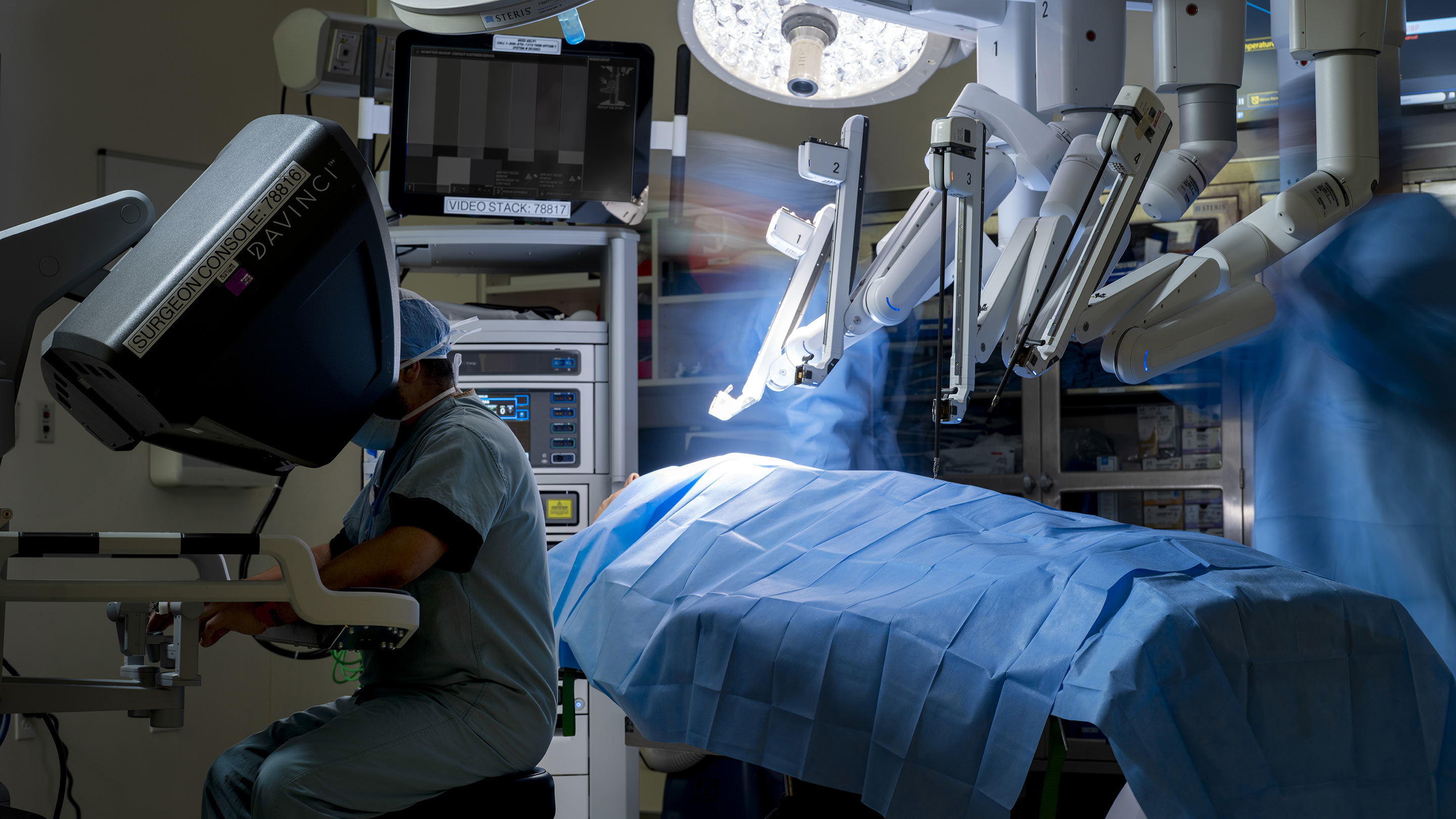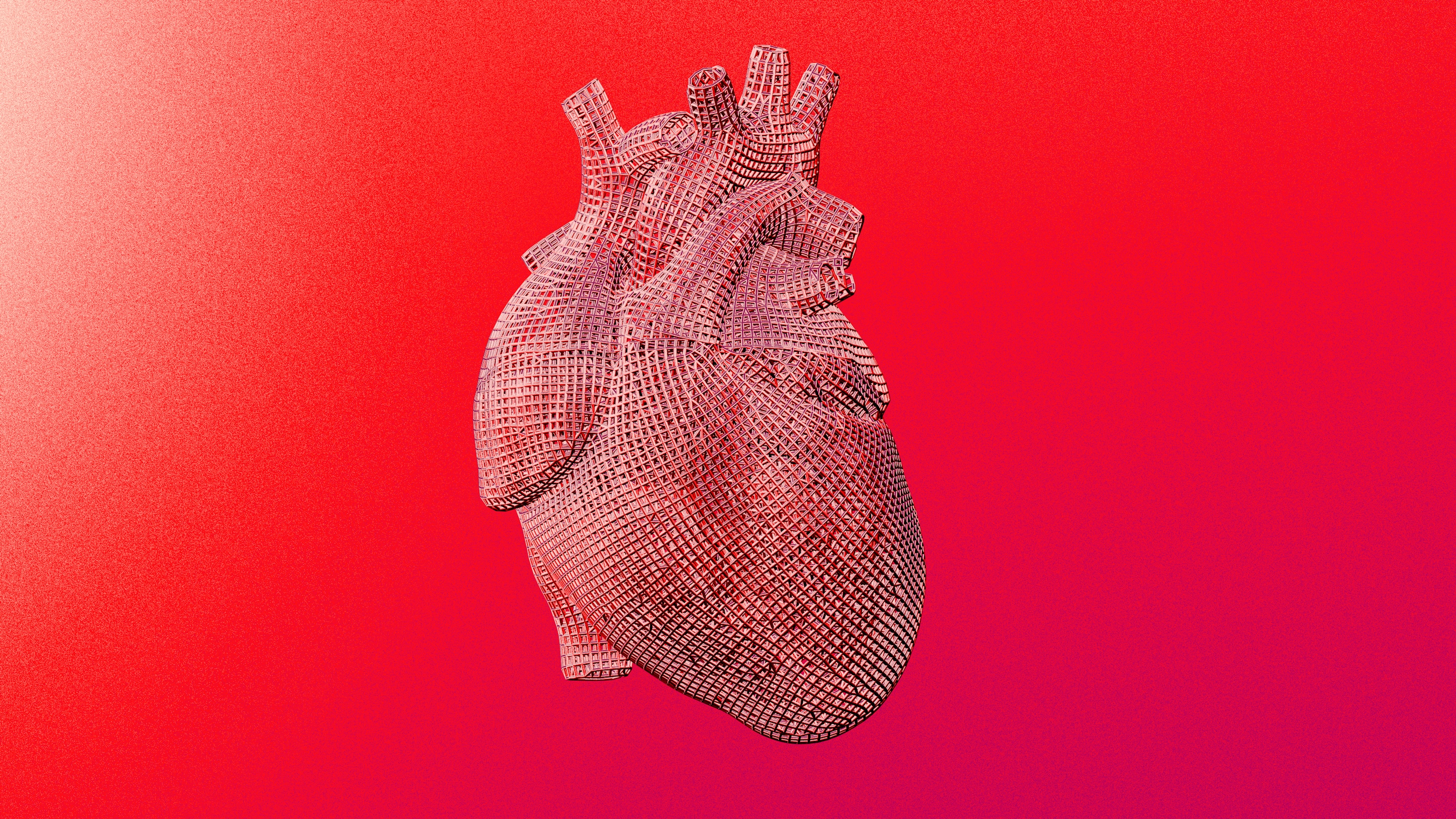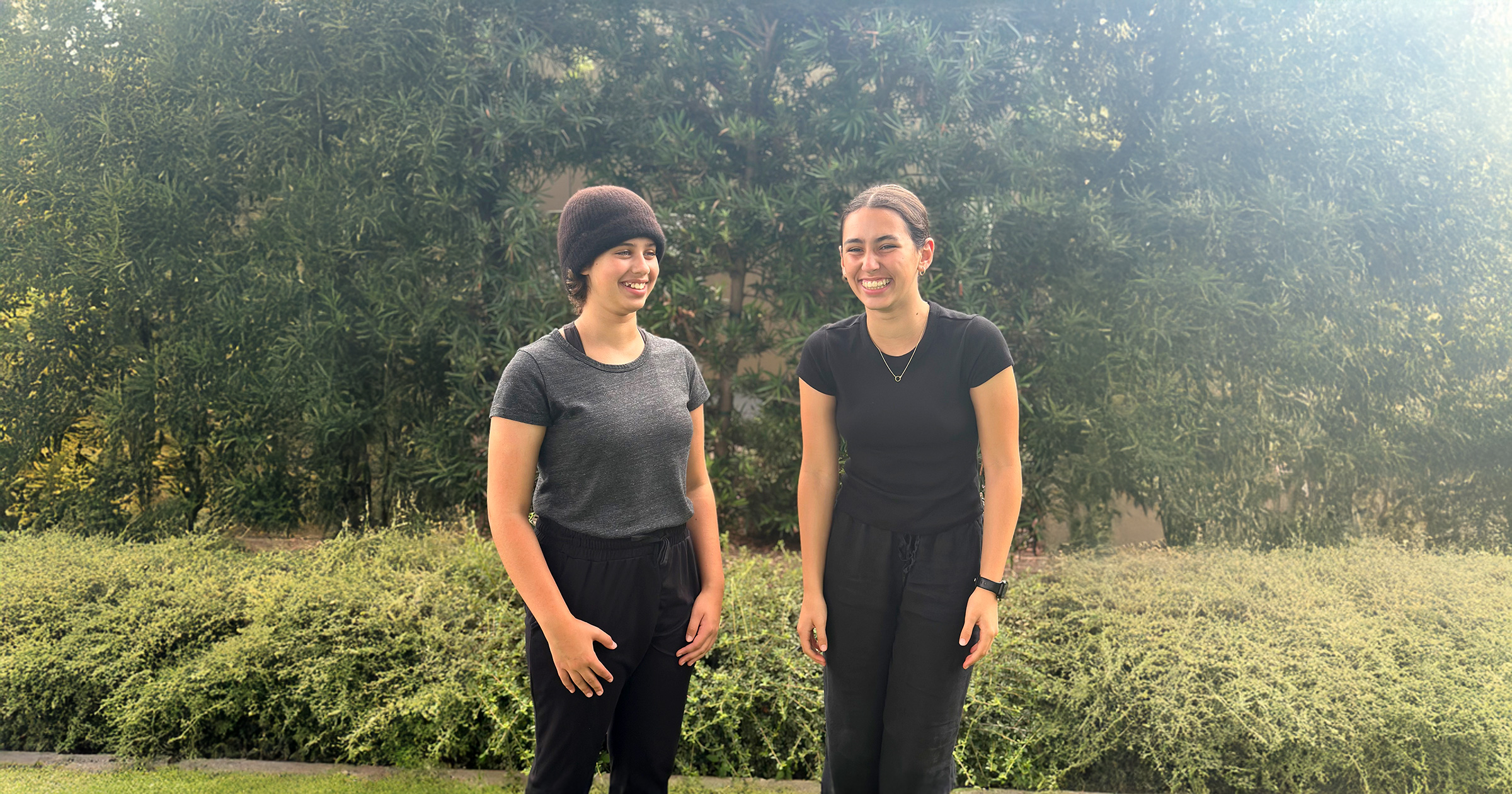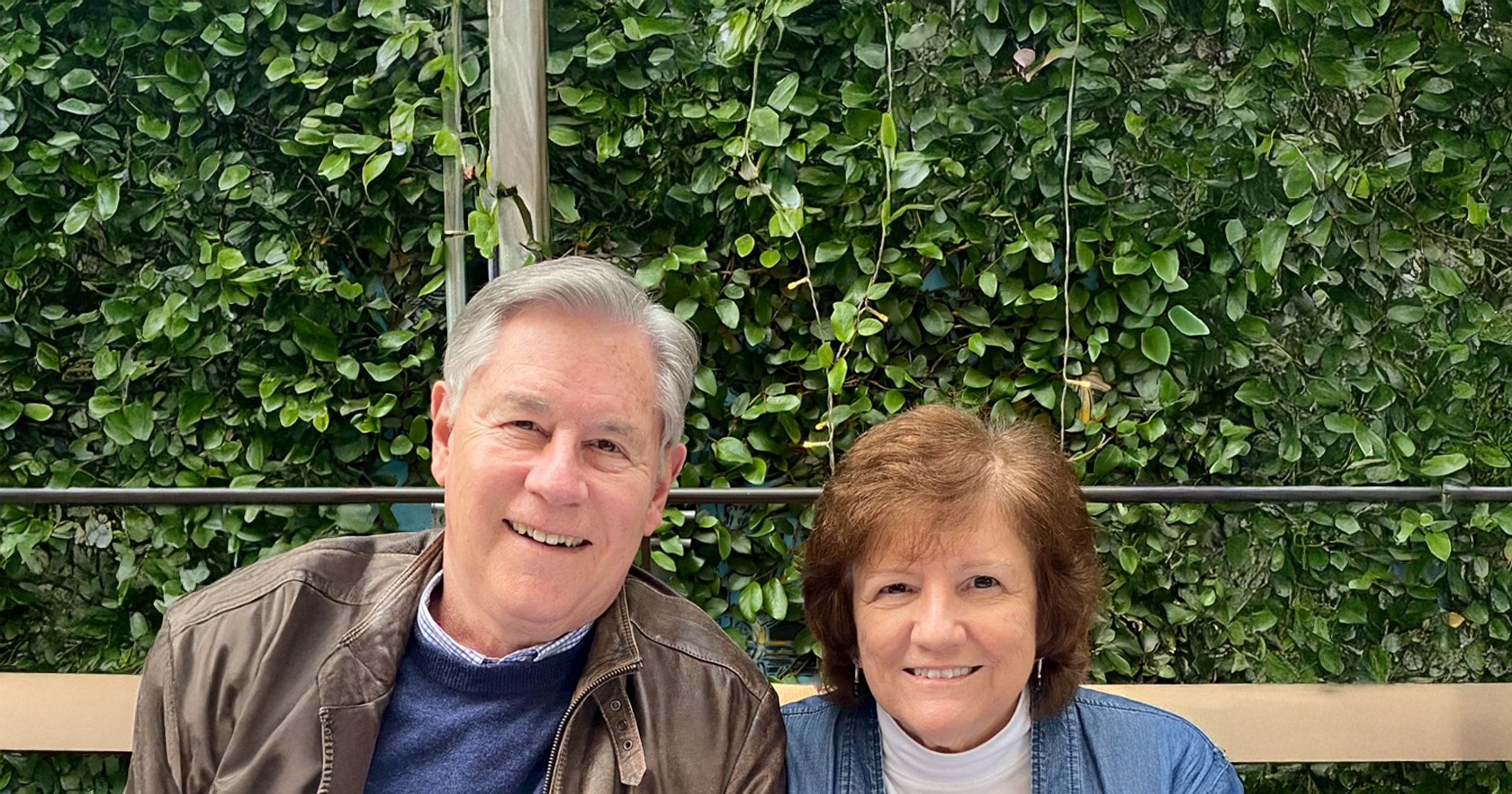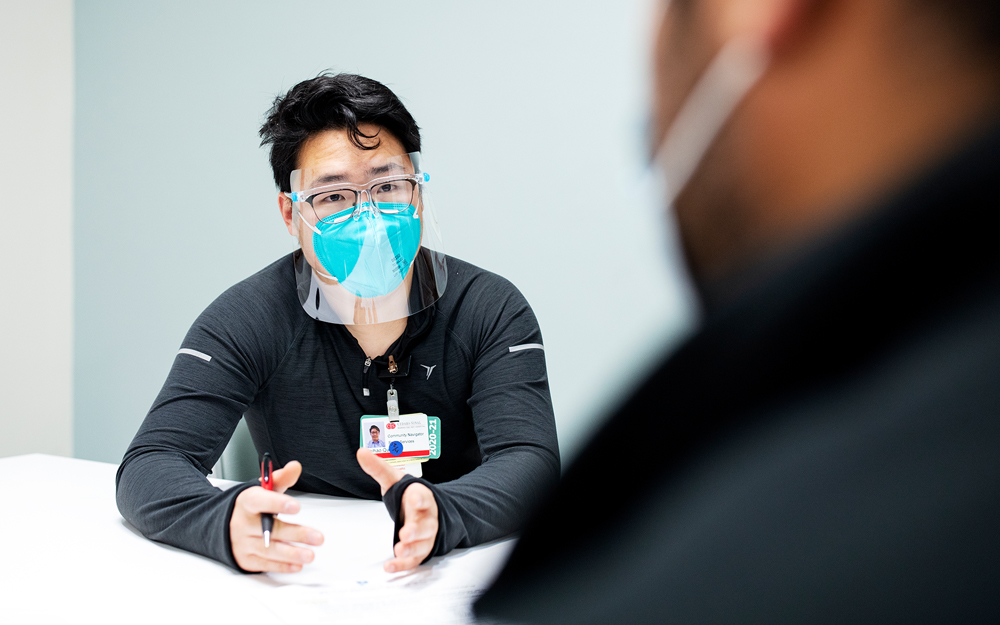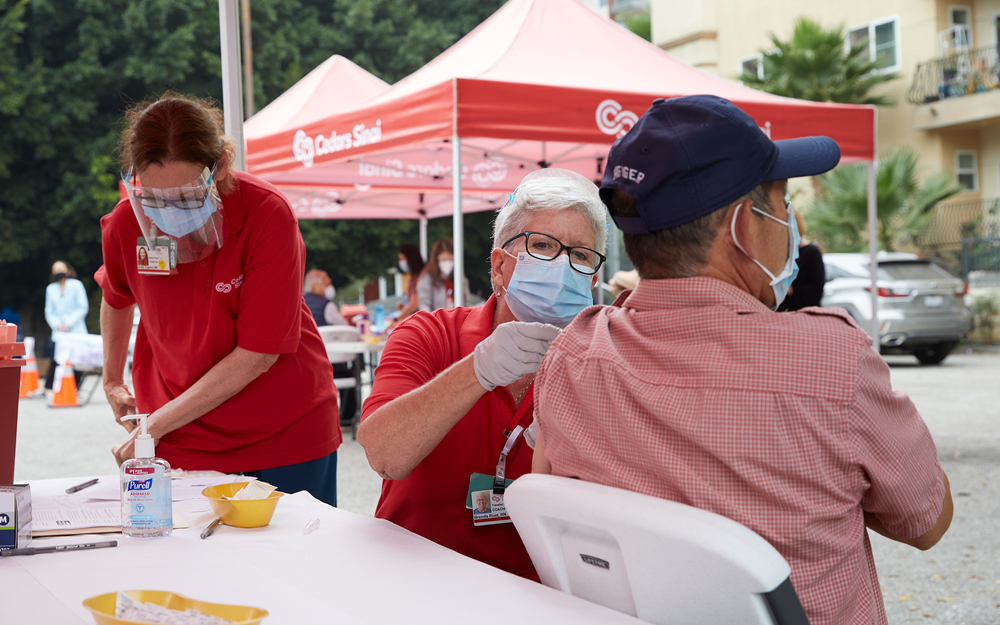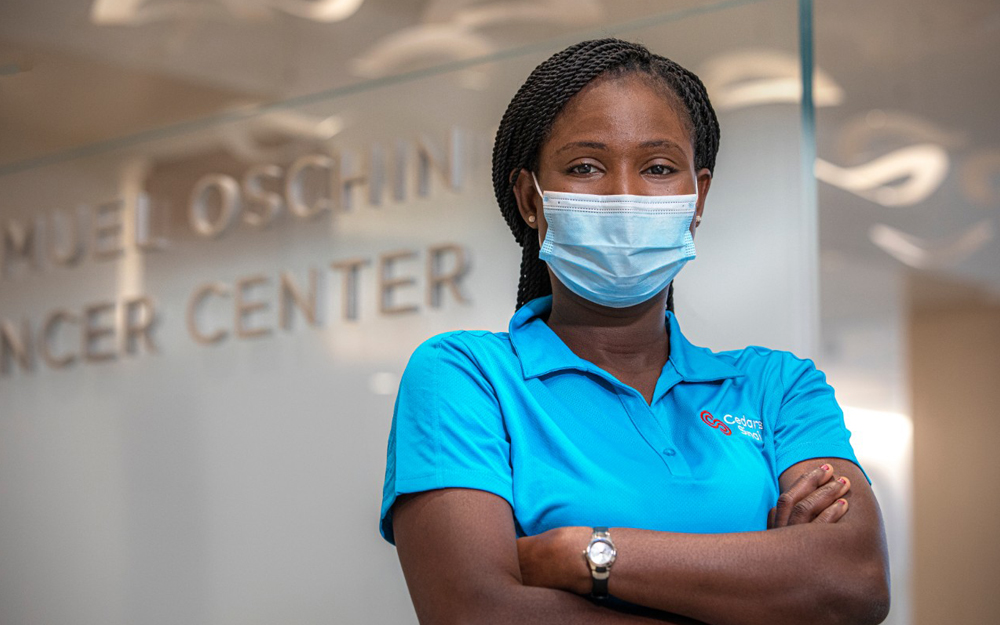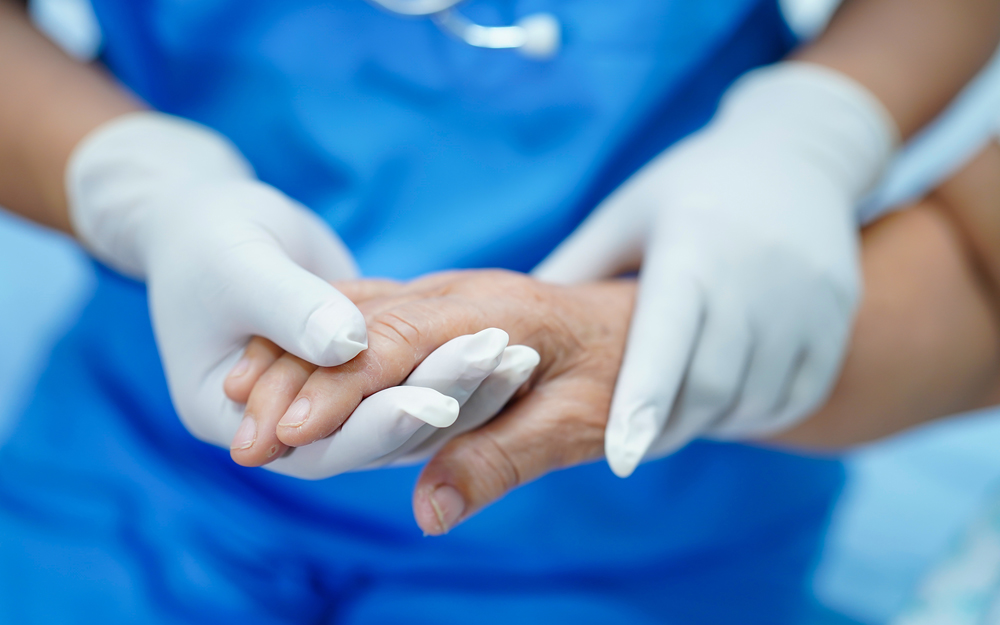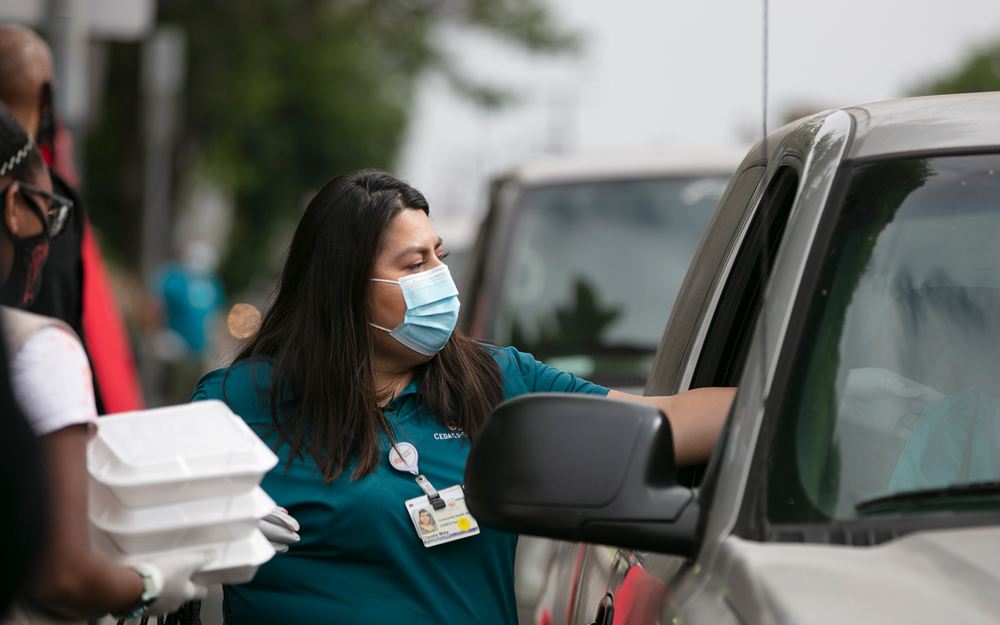Stories and Insights from Cedars-Sinai
Healthy Living
Nourishing food, tailored activity and smart preventive care generate the glow of good health. But a successful routine lies in the details. Explore a world of knowledge that will help you and your loved ones thrive.
Expert Advice
Cedars-Sinai is your partner in care—no matter your location or condition. Read on for thoughtful tips and in-depth medical information from our world-class providers—and transform your health journey.
Innovation and Research
Discoveries takes you inside Cedars-Sinai’s Health Sciences University, where our investigators make the impossible possible. Through rigorous research and robust educational offerings, we are molding the future of medicine.

.jpg)


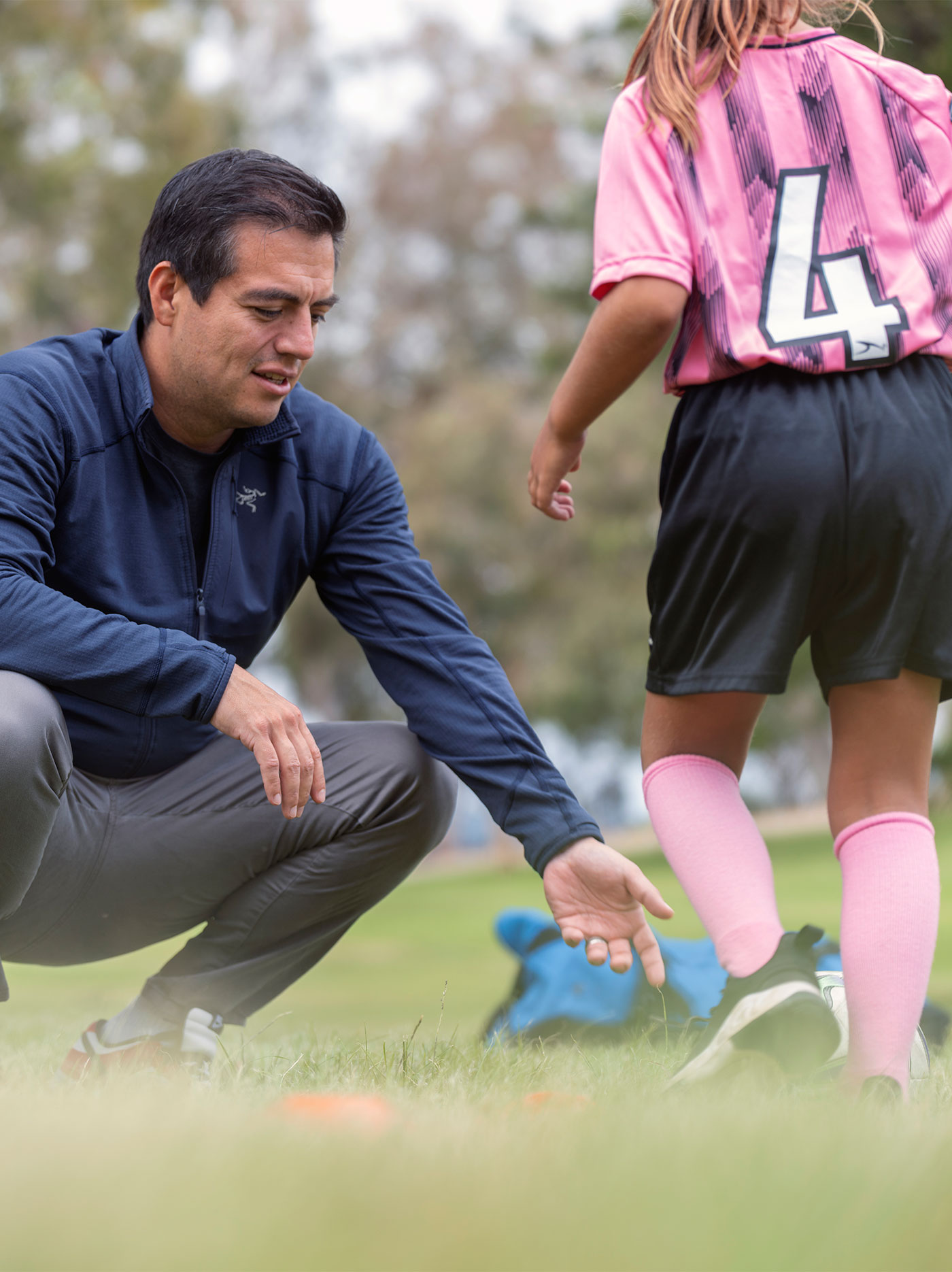

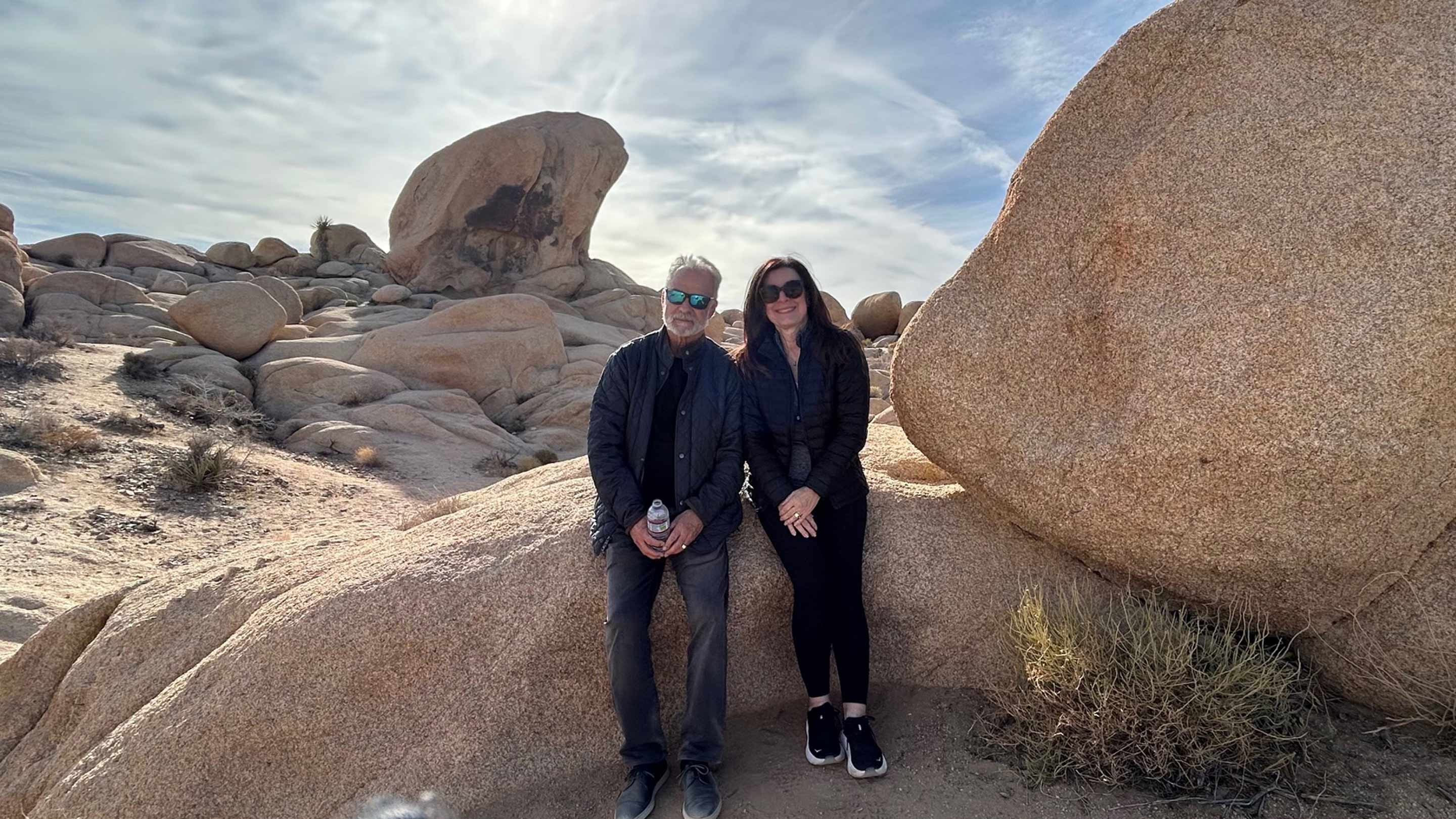

.jpg)

